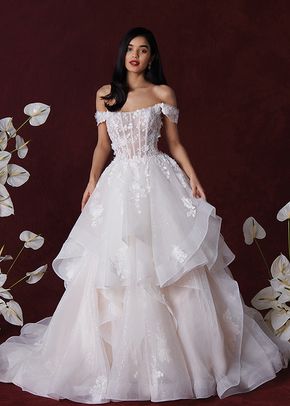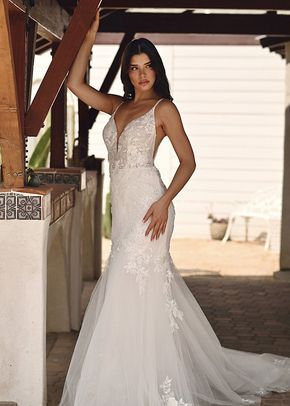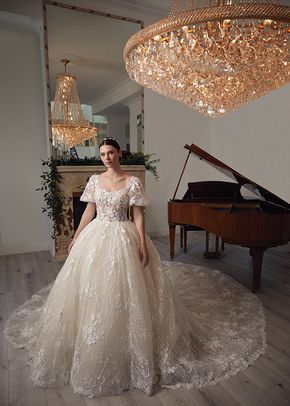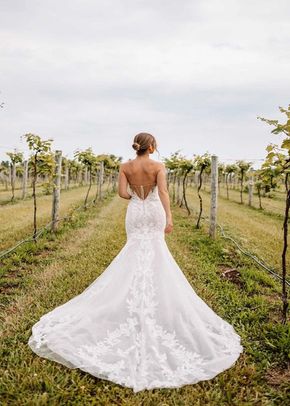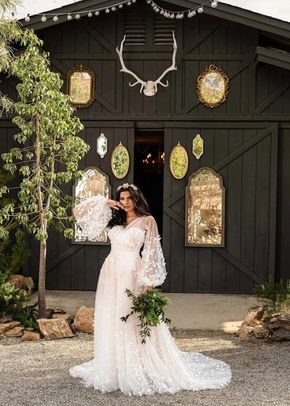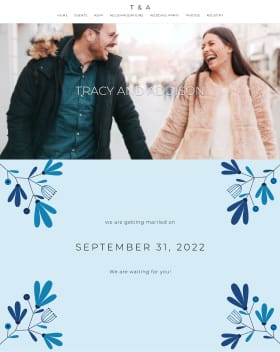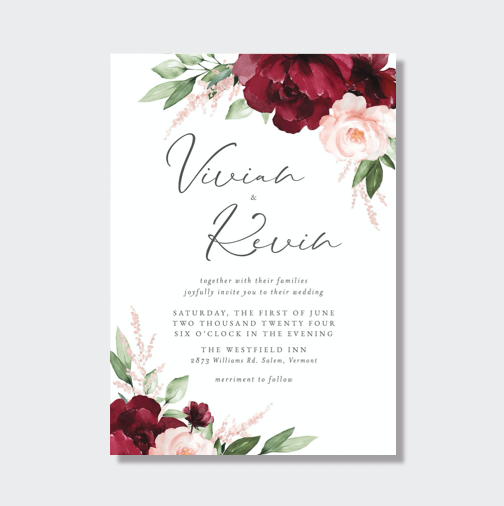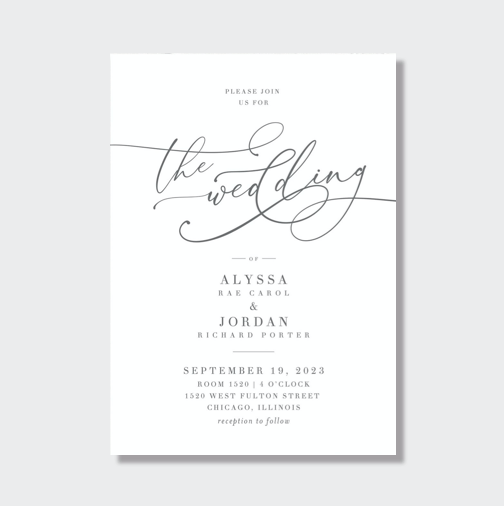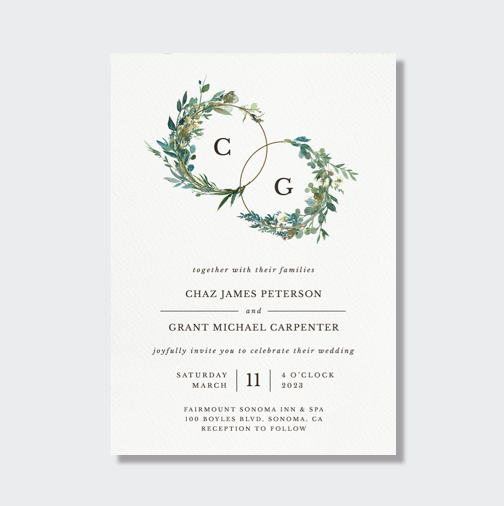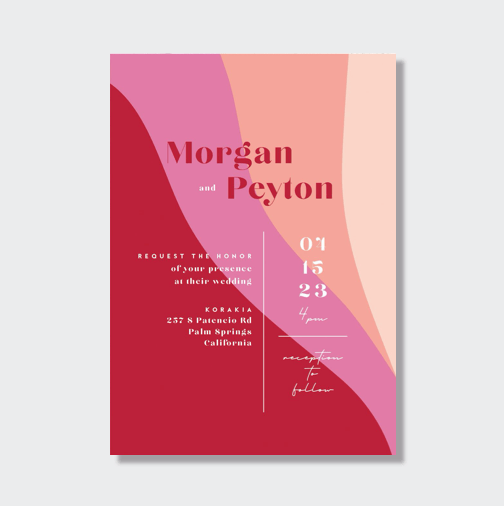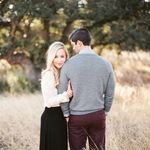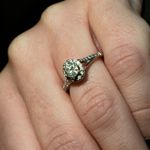Now that the vaccine rollout is progressing, are any couples considering vaccine status for their second half of 2021 and later weddings? And have any couples had conversations with their vendors or wedding planners about it?
We are likely moving our wedding celebration for the third time in hopes that we can have a safe wedding where we can hug and dance with our guests, and where masks won't be necessary. Vaccines and herd immunity will very much play a part in whether or not that is even possible. I'm just curious if other couples are considering this, or if your wedding planners, coordinators, caterers, venues, or other event staff have discussed this with you at all.
-
Planning tools
Get the WeddingWire app
Plan your wedding wherever and whenever you want on the WeddingWire app.Wedding guests Share with your guests to collect your wedding photos - Venues
-
Vendors
Complete your wedding team
Destination Weddings
Easily plan your international wedding.2024 Couples' Choice Awards
Check out this year’s best local pros, rated by couples like you. -
Forums
Stay up to date
- Dresses
-
Ideas
![Real Weddings]()
Real Weddings Find wedding inspiration that fits your style with photos from real couples
![Honeymoons]()
Honeymoons Sit back and relax with travel info + exclusive deals for the hottest honeymoon destinations
-
Registry
Create your all-in-one registry Find a couple's WeddingWire RegistryFeatured registry brands See all registry brands
- Wedding Website
-
Invitations
Shop by category Get a free sample kit
- Shop
-
More
Featured registry brands
Featured designers


